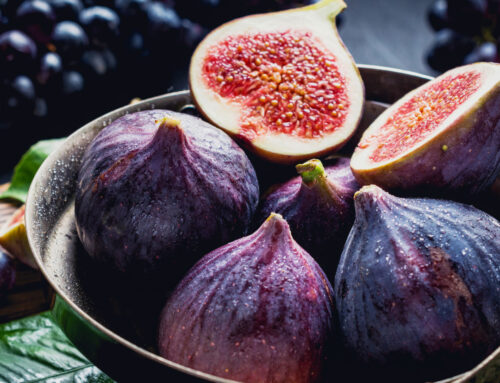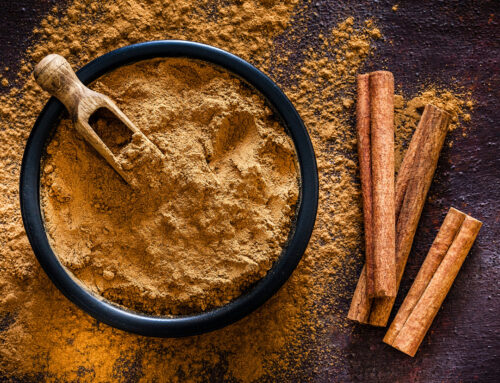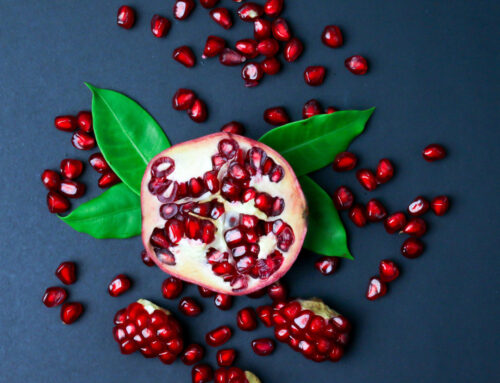Potatoes get a bad rap, but when prepared in a healthy way (not in the form of processed
french fries or potato chips, for example) and eaten in moderation, they are incredibly beneficial. They are a storehouse of energy and nutrition, including vitamins, minerals, and essential organic compounds.
Health Benefits
Potatoes are high in fiber and loaded with vitamin C and other antioxidants — compounds that fight free radicals from causing damage to your cells. A diet high in antioxidant-rich fruits and vegetables lowers your risk of heart disease and cancer.
To get the most out of potatoes, leave the skins on and choose colorful types such as purple potatoes. The more color in the potato, the more antioxidants it contains. The skin of the potato can have up to 12 times more antioxidants than the flesh. So, don’t be afraid to eat your potato skins. Baked potato skin is rich in potassium and magnesium, which can decrease blood pressure and protecting the heart, and reducing the risk of stroke.
History
Because the potato is so energy-dense and easy to grow, it has played a significant role on the world stage. First cultivated by the Incas in what is now in Peru between 8000 and 5000 BC, potatoes entered Europe during the Columbian Exchange.
Named after Christopher Columbus, the Columbian exchange was the widespread transfer of plants, animals, culture, human populations, technology, diseases, and ideas between the Americas, the Old World, and West Africa in the 15th and 16th centuries.
The Columbian Exchange transformed farming and human diets, introducing potatoes and tomatoes into Europe, wheat, and bananas into the Americas, chili peppers into China and India, and peanuts in Africa. Even deep in the Congo rainforest, the staple is cassava, a plant originally from South America. Deep in the Amazon rainforest, the Yanomami eat plantains, which came from Africa.
To learn more about the Columbian Exchange and other fascinating aspects of food history, check out The History of Food podcast on Spotify.
When the European diet expanded to include potatoes, farmers could produce more food and protect themselves against a grain crop failure and famine catastrophe. Highly nutritious potatoes also helped mitigate diseases as scurvy, tuberculosis, measles, and dysentery. The higher birth rates and lower mortality rates potatoes encouraged led to a tremendous population explosion wherever the potato traveled, particularly in Europe, the US, and the British Empire.
The Irish peasantry embraced the tuber more passionately than anyone since the Incas. The potato was well suited to the Irish soil and climate, and its high yield suited the most critical concern of most Irish farmers: to feed their families.
While the potato was rapidly becoming an essential food across Europe, it was frequently the only food in Ireland. Many Irish survived on milk and potatoes alone, while others subsisted on potatoes and water. By the early 1840s, almost one-half of the Irish population had become entirely dependent upon the potato, specifically on just one or two high-yielding varieties, setting the stage for the Irish potato famine.
While many people on the planet today have access to an unprecedented variety of food sources, sadly, famines continue in places such as Yemen, and inequities in food distribution even in industrialized nations remain a growing concern.
Besides, food production and diets associated with developed countries make dietary diseases the leading cause of death worldwide. We can help counter these avoidable trends by returning to unprocessed whole foods, emphasizing a cancer-fighting plant-based diet, and engaging in healthy ways of preparing meals.
Our mission at Foodture Saladmaster is to provide resources and support to encourage healthier cooking. Follow us on Facebook for cooking tips and recipes, and learn how to get a Saladmaster Food Processor to make it easier to get more veggies in your diet. Here it is in action:
Conclusion
I hope learning about the humble potato inspires a deeper appreciation for this food we may take for granted and consider healthful ways you can prepare them for your family.
Of course, I can’t end this discussion without tying the potato, ubiquitous in American and European cuisine, to cultures near and dear to my heart – the Middle East and the Mediterranean. Check out this recipe for Middle-Eastern skillet potatoes.





